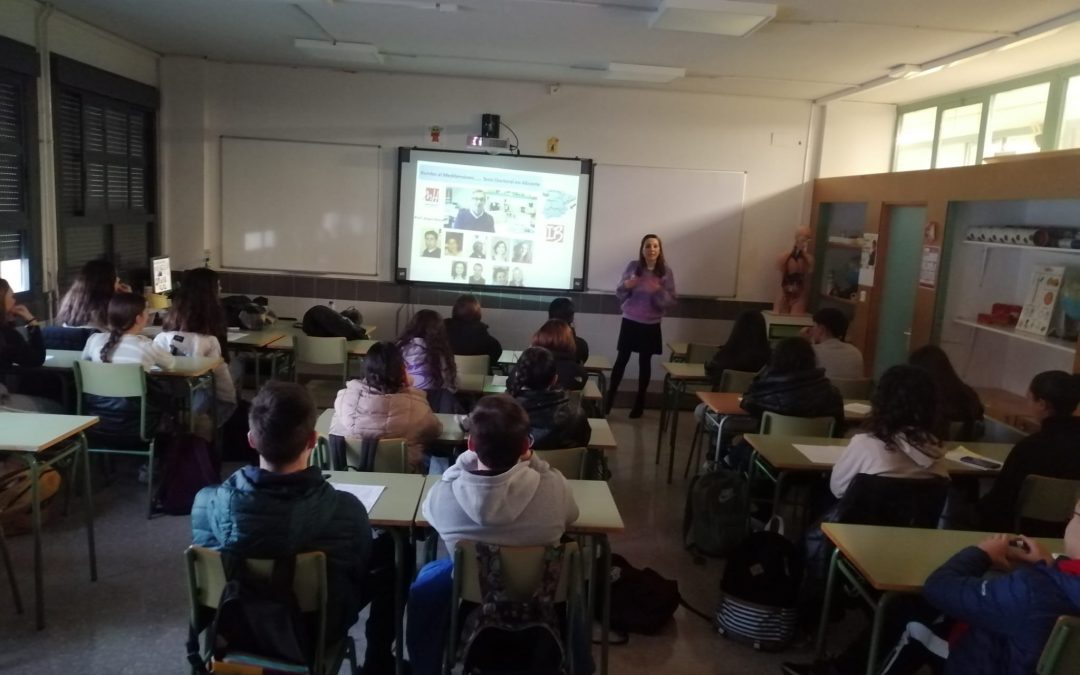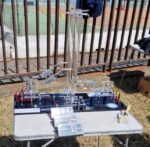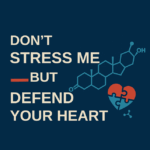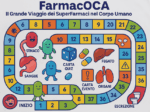Paloma Alonso-Magdalena, Professor of Nutrition and Bromatology at Miguel Hernández University and principal researcher at IDiBE-UMH, visited the Macià Abela Institute in Crevillente on 3 and 28 February to give a motivating talk about the scientific career. She showed the important contribution of science and talking about her experience she was an inspiration to the students attending.
Her research focuses on understanding the role of endocrine disruptors in the etiology of diabetes, obesity and associated metabolic disorders. She was awarded the Spanish Diabetes Society Award for Best Young Researcher (2018). https://orcid.org/0000-0003-1065-5388
In the talk she discussed her research aimed at a better understanding of the pathophysiology of diabetes and related metabolic disorders, by studying the risk factors and the underlying cellular and molecular mechanisms. The ultimate goal is to identify new molecular targets and contribute to the development of therapeutic and prevention strategies.













